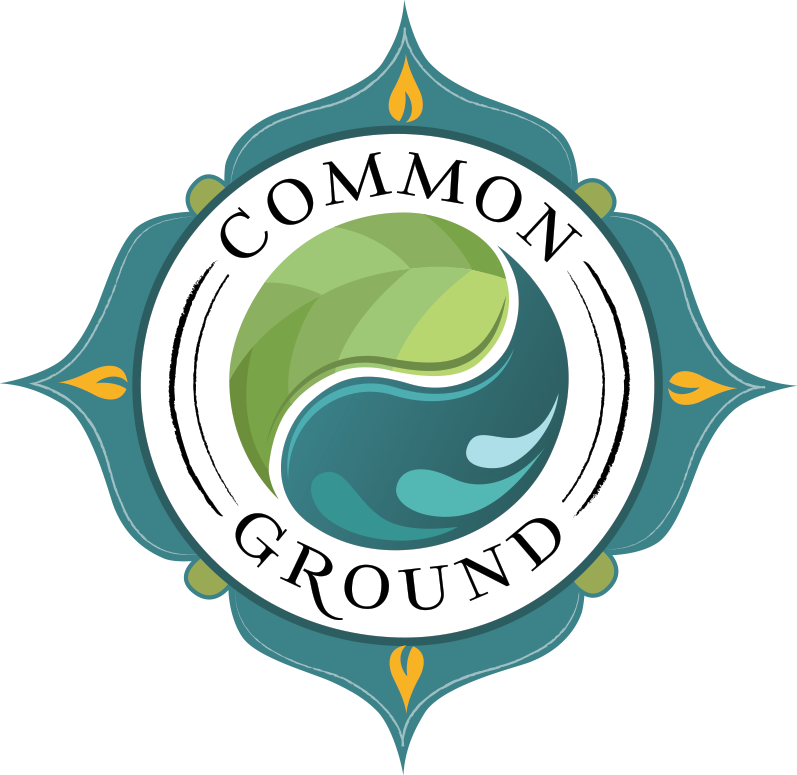Acupuncture for TMJ Disorder
Temporomandibular joint and muscle disorders, known as TMJ and TMJ Disorder, is a condition that sometimes causes pain and/or dysfunction in the jaw and muscles that control the jaw. The National Institute of Dental and Craniofacial Research estimates that around 10 million people are affected by TMJ disorder. Sometimes the symptoms of TMJ disorder are temporary or occasional. However, in some cases, TMJ disorder can be a life-long disorder.
The temporomandibular joint (TMJ) is similar to a sliding hinge, connecting your jawbone to your skull. Each side of your jaw has one joint. TMJ disorders (TMJD) cause pain in your jaw joint and in the muscles that control jaw movement. There are a variety of treatments for TMJ disorders, including medications, surgeries, relaxation techniques, and more. Acupuncture for TMJ disorder has been found to be effective for relieving inflammation, pain, and tension.
Causes of TMJ Disorder
Sometimes it can be difficult to pinpoint the exact cause of a person’s TMJ disorder. Some of the common causes and risk factors include:
Disk erosion or disk isn’t in proper alignment
Joint cartilage damage due to arthritis
Joint damage due to impact
Arthritis
Jaw injury
Chronic grinding and clenching of teeth
Some connective tissue diseases
Symptoms of TMJ Disorder
There are a variety of symptoms usually associated with TMJ disorder. Some individuals that suffer from TMJ disorder have several symptoms while some only have one. Some of the symptoms of TMJ disorder include:
Painful jaw
Pain in one or both of the TMJ joints
Difficulty and/or pain when chewing
Pain in or around your ear
Locking of the TMJ joints
Headaches
Mouth clicking
Tight neck and shoulders
Before Beginning Acupuncture for TMJ Disorder
Since there are many different potential causes for TMD, it will be important for your acupuncturist to discuss with you your current lifestyle and symptoms. We’ll ask about your personal goals and what you want to get out of your acupuncture treatments. Your practitioner will use this information for your treatment, as well as to suggest other changes to help improve your symptoms. Some of the topics your acupuncturist will focus on before your treatment include:
Stress Management – Your acupuncturist will likely ask about how you’re managing stress as this can be a cause of TMJ disorder. It may be suggested to try yoga, meditation, or journaling. Magnesium is a supplement that is commonly recommended as it is suitable for anxiety, sleep, and muscle tension.
Clenching or Grinding – Bruxism, also known as grinding, involves moving the jaw with the teeth pushed together. Clenching is when the teeth are held together and the jaw muscle is simply tightened. Your acupuncturist will want to know which of these two you are struggling with as the treatment protocol might be slightly different.
Night Grinding – This can sometimes be due to low blood sugar. Your acupuncturist may suggest eating foods higher in protein like nuts and avocados.
Acupuncture for TMJ Disorders
The gallbladder meridian is a commonly used acupuncture meridian for TMJ disorder. There are several points on the gallbladder meridian that traverse the side of the head and jaw, where symptoms are often their worst, but points on the lower part of the body can often be targeted to help the upper part of the body. Once the needles are in, Marjoram essential oil is usually applied directly to the jaw muscles with massage. Marjoram is similar to oregano and is known for its muscle-relaxing properties.
Facial Cupping for TMJ Disorders
Cupping can be thought of as a reverse massage. The cups used for facial cupping for TMJ disorder are small silicone cups about the size of a thumb. It involves applying suction to a muscle which pulls the connective tissue layer away from the muscle layer, which stops pain from traveling. Tense muscles, such as the masseter muscle of the jaw, can benefit greatly from facial cupping.
Questions About the Benefits of Acupuncture for TMJ Disorder
Acupuncture is a safe, non-invasive modality that can complement your current treatment plan or our practitioners at Common Ground Wellness, Louisville Acupuncture Clinic can create a plan with you. If you have any questions about acupuncture for TMJ disorder, please don’t hesitate to contact us. We’re happy to schedule a consultation and discuss your individual needs and situation.





